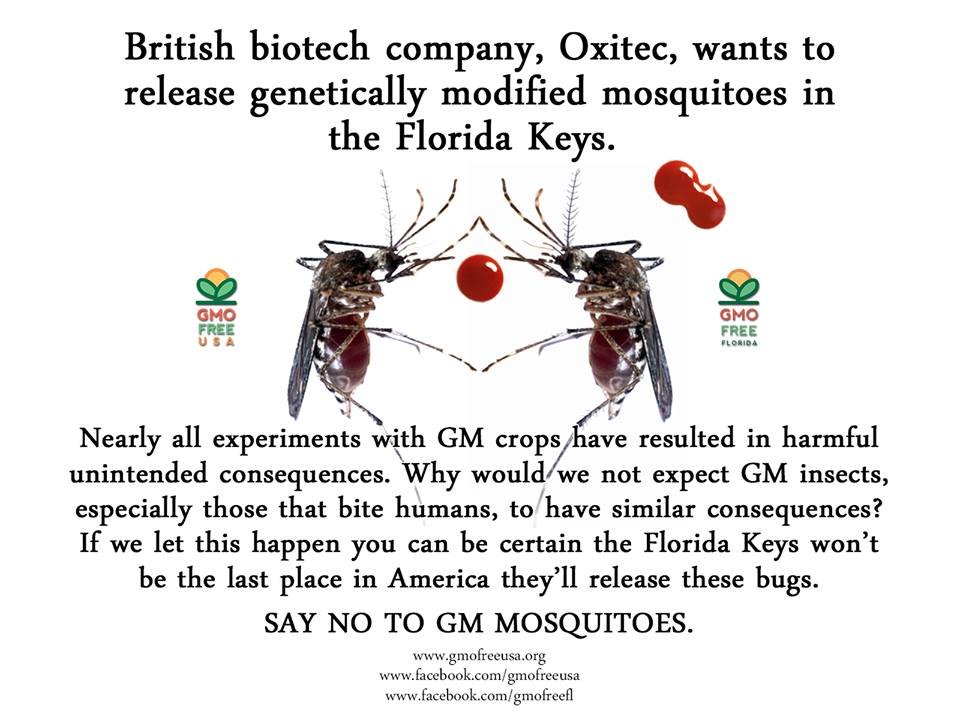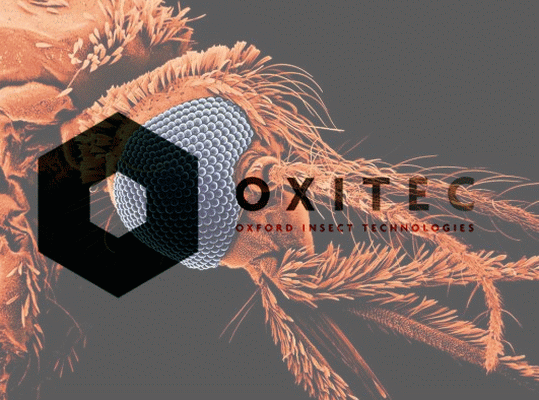The British biotech company Oxitec is moving ahead with its controversial plan to release hundreds of millions of gene-hacked mosquitoes, an experimental new form of targeted pest control, in the Florida Keys.

The goal is essentially to introduce a new genetically altered version of the Aedes aegypti mosquito — which can spread diseases like dengue and malaria — that can only hatch male, non-biting offspring, in order to gradually reduce the population.
A connection that has gone mostly unremarked during the experiment’s rollout is the involvement of Microsoft co-founder and public health philanthropist Bill Gates in the funding of the company, confirmed by Oxitec back in 2018, through the Bill & Melinda Gates Foundation.

Based on past reports, it seems that the Gates Foundation pledged about $4.1 million to Oxitec in 2018 to develop a new mosquito that would target malaria in the Americas, South Asia, and eastern Africa.
Oxitec was also reportedly awarded $5 million for its Aedes mosquitoes — the kind set for release in Florida — through the Gates Foundation’s Global Grand Challenges initiative in 2010.
Gates’ involvement complicates the already much-criticized initiative. On the one hand, the experiment could lead to an extraordinary way to control disease, potentially saving hundreds of thousands of lives per year.

The mosquito release in Florida is fiercely opposed by a significant portion of the local community, as well as outside activists and experts. Critics say it could fail, backfire, or open up the doors to more troubling applications of the technology.
And the idea that one of the world’s wealthiest people can help push through gene-editing experiments that are unleashed on the open ecosystem is, to say the least, a touchy subject.
Reference- Oxitec Online PR, Business insider, Science Magazine, Geekwire, Futurism






